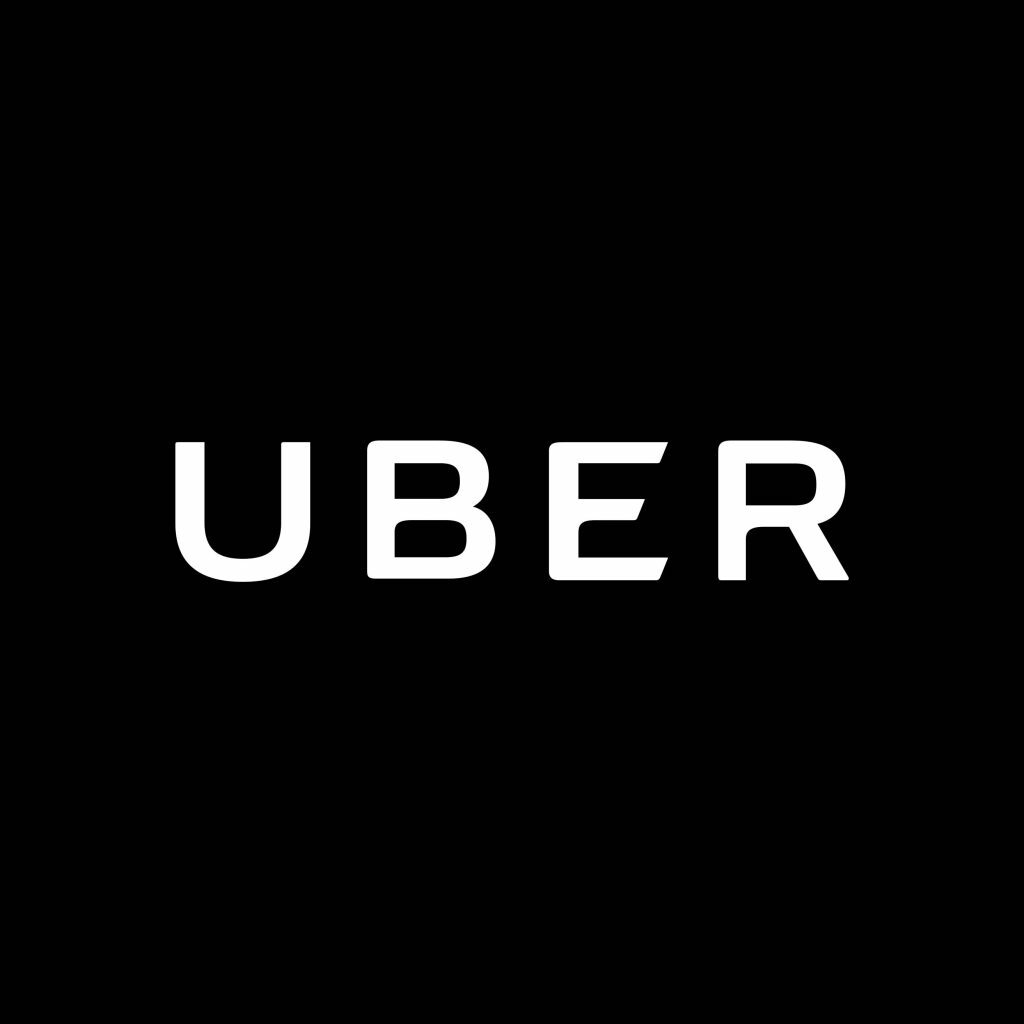
The ride service Uber itself claims that its drivers are self-employed, i.e. not employees of Uber. In the meantime, several courts, authorities and parliaments around the world, especially in Switzerland, the EU, France, Italy and the UK, have overturned this view of Uber and defined Uber workers as employees. In the US, where Uber is headquartered, the matter remains contentious.
For Uber, the question of the legal qualification of their relationship with their employees is of utmost importance. Because, if their workers are qualified as employees, Uber has to pay social security contributions for them in particular, among various other benefits. This circumstance puts Uber’s business model at risk. This can also be seen in Uber’s share price, which has repeatedly faltered after subsequent decisions.
Switzerland
Since 2016 at the latest, Suva, the accident insurance company responsible for the transport industry, has rejected applications from Uber drivers to be recognised as self-employed and has thus taken the e contrario view that Uber drivers are employees, in Switzerland of Uber Switzerland GmbH based in Zurich. The Social Insurance Authority (SVA) of the canton of Zurich subsequently ordered the payment of social insurance contributions. Uber Switzerland GmbH challenged the decisions of Suva and SVA Zurich before the Social Insurance Court of the Canton of Zurich. The appeal was upheld on the grounds that «a contractual relationship exists only between the drivers and Uber International Holdig B.V., based in Amsterdam». Uber Switzerland again filed an appeal against a new ruling. This is pending before the Social Security Court (confirmed by the General Secretariat of the Social Security Court of the Canton of Zurich, 12.03.2021).
In what is probably the first labour court case of «clickworkers» to date, the Labour Court of Lausanne has qualified the relationship between an Uber driver and Uber as an employment contract (see appeal decision of the Tribunal Canton de Vaud P317.026539-190917 380). The same decision concerns the fact that Uber unilaterally switched off the Uber app for a driver. The Labour Court of Lausanne qualified this as an unjustified termination without notice under labour law and awarded the driver concerned compensation based on Art. 337c para. 2 of the Code of Obligations (CO) of Switzerland. In addition, Uber must also pay the driver a holiday allowance on top of the fee paid out, as required by labour law.
EU
In its decision of 20 December 2017 (C-434/15), the European Court of Justice (ECJ) confirmed that the mediation of driving services between private individuals in their motor vehicles, as operated by Uber, is not merely an intermediary service, but a classic transport service that must be regulated in accordance with the existing legal provisions. This put Uber on a par with commercial taxi services in legal terms. According to the ECJ, Uber’s mediation service is based on the selection of non-professional drivers using their own vehicle and individual persons who are connected to each other by means of an app. Without this app, neither the driver could provide his transport services nor the person wishing to take a trip in the inner-city area could use the service. Uber thus has a decisive influence on the conditions under which these drivers provide the service. Moreover, according to the ECJ, it is clear that Uber, through its eponymous application, sets at least the maximum price for the ride, that it collects the price from the customer and then transfers part of it to the non-professional driver of the vehicle. Moreover, Uber has some control over the quality of the vehicles and their drivers, and can therefore refuse them. Although this decision was not made in a labour law case, it is likely to have a significant influence on labour law decisions concerning clickworkers, such as Uber drivers, in the EU. De facto, but also de jure, the EU Court of Justice has classified them as workers.
USA
The New York Board of Appeals made a landmark decision in 2019 regarding the social security classification of Uber drivers. Based on the fact that Uber supervises, instructs and controls the drivers, Uber was classified as an employer. According to the court, this is further supported by the fact that Uber unilaterally sets the transport prices and the payment to the drivers. (BJM 2020 S. 141, 158, Kurt Pärli, Arbeits- und sozialversicherungsrechtliche Aspekte der Plattformökonomie: Status Quo, Analyse und Ausblick)
In 2019, the California State Legislature passed a law («gig-work bill») that qualifies clickworkers, like Uber drivers, as workers. This law was enacted after a decision by the California Supreme Court in 2018. Companies such as Uber and its competitor Lyft fought against this with a referendum («propostion» –> amendment) for their industry. This was surprisingly accepted by the voters of California in 2020. This means that clickworkers will once again qualify as self-employed by law in California. At least with the referendum, clickworkers are entitled to an earnings guarantee, a health care subsidy if they work enough hours, and some coverage in case of accidents at work. However, the matter does not seem to be final yet. In the meantime, Californian courts have already taken up the matter again. To be continued …
France
The Cour d’appel de Paris ruled on Uber on 10 January 2019 that drivers are not free to choose their passengers. Rather, it is the platform that centralises requests and allocates the orders to the drivers by means of algorithms. With regard to fares, the court ruled that they were also determined by algorithms. Furthermore, the driver was obliged to follow a certain route. In addition, the platform reserved the right to make price changes. As a result, the drivers were given binding instructions, compliance with which was also monitored. For example, drivers would have to follow instructions based on GPS data and avoid certain conversations with passengers. The court found that Uber had the possibility of controls and sanctions, which in an overall view led to the drivers being in a relationship of subordination to the platform. In summary, the court found that a self-employed person would build up his or her own clientele and freely set the tariffs as well as the other conditions under which a service is offered. This was not the case with drivers employed by Uber. (BJM 2020 S. 141, 158, Kurt Pärli, Arbeits- und sozialversicherungsrechtliche Aspekte der Plattformökonomie: Status Quo, Analyse und Ausblick)
In its decision of 4 March 2020 in the «take eat easy» case, the French Cour de Cassation pointed out that the existence of an employment relationship depends neither on the will of the parties nor on the terms used in the contracts, but rather on the actual circumstances in which the platform users perform their work. The court examined whether the «take eat easy» drivers were in a relationship of subordination with regard to instructions, control and sanctions and concluded that this was the case. The fact that the drivers were free to choose the number and execution of their work assignments as well as the corresponding time slots did not prevent this assessment. (BJM 2020 S. 141, 158, Kurt Pärli, Arbeits- und sozialversicherungsrechtliche Aspekte der Plattformökonomie: Status Quo, Analyse und Ausblick)
Italy
In January 2020, the Italian Court of Cassation ruled that couriers who drive pizzas and other goods to customers (so-called «riders») should be treated as employees. Their work is controlled by the employer, i.e. by the instructions for the delivery runs transmitted via the app. Based on this decision, the Milan public prosecutor’s office has now also brought criminal proceedings against the clients of pizza couriers. (NZZ 26.02.2021 Pizzakuriere sind wie Sklaven)
